It’s always wise to prepare for the worst-case scenarios so that you don’t panic in the moment. You have a first aid kit stashed under your bathroom sink in case you get hurt and need to patch yourself up. You have a fire extinguisher in the kitchen in case your dinner goes up in flames. You’re ready to deal with these problems the moment that they happen.
Are you ready to deal with money emergencies? Here are four emergencies that you might encounter and how to prepare for them.
1. Urgent Expenses
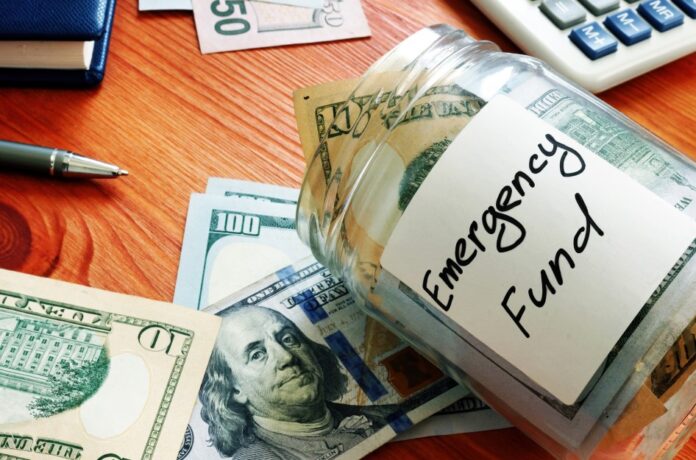
You never know when an urgent expense is going to pop up and surprise you. Maybe your pipes freeze in the cold weather, and you need to hire a plumber to rush over and thaw them properly. Maybe you break a tooth after slipping on a patch of ice and need to race to your dentist’s clinic for a last-minute appointment. Maybe your roof is leaking, and you need to get it repaired right away.
These are all examples of expenses that are important and urgent. You can’t ignore them for weeks so that you have enough time to pinch pennies and scrounge up enough savings to pay for them. You need to deal with them right away. You don’t really have a choice in this.
So, how can you prepare for these types of expenses? The best thing that you can do is put together an emergency fund as soon as possible. An emergency fund is a collection of personal savings specifically reserved for urgent, unexpected expenses that are outside of your monthly budget.
With the help of this fund, you can withdraw the necessary amount of savings to cover an urgent expense immediately without having a negative impact on your other spending. You can still pay for the rest of your monthly essentials as normal.
What if you don’t have enough savings in your emergency fund? When you first start building your emergency fund, it won’t be much of a safety net. You likely won’t have enough to cover an urgent expense like a plumbing repair or dentist appointment.
In that case, you can put the urgent expense onto your credit card and pay down the balance later, or you can visit this site CreditFresh.com to apply for a personal line of credit. If your application for the line of credit is approved and your account is in good standing, you can withdraw funds within your limit and use them to manage the urgent expense. Then you can follow a steady repayment plan to replenish the account and move forward.
2. Overdraft
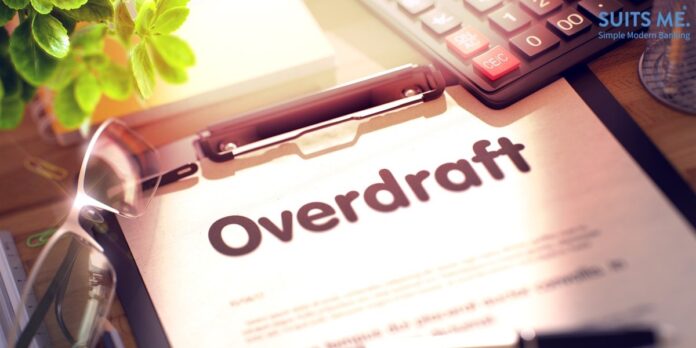
Overdraft happens when you don’t have enough money to cover a transaction or withdrawal, which moves your bank account from the black into the red (the negatives). Your bank might allow this transaction or withdrawal to go through, essentially giving you a credit extension to avoid losing out on the transaction or the withdrawal.
That may sound like a relief, but overdraft comes with consequences. You will have to pay fees and interest for your error. In certain cases, your transactions or withdrawals will be declined. You’ll have to wait until you have enough in your account to try again.
So, how can you prepare for this money emergency? First, you should use online banking to keep track of your balances so that you always know how much you have in your account. This way, you can minimize your chances of making transactions or withdrawals that accidentally drain your account.
You can also sign up for overdraft protection with your bank — this can help the transaction go through, even when your account is in the red. You might have the pay overdraft fees for the mistake. However, there are banks that don’t charge overdraft fees out there.
3. Bouncing Checks
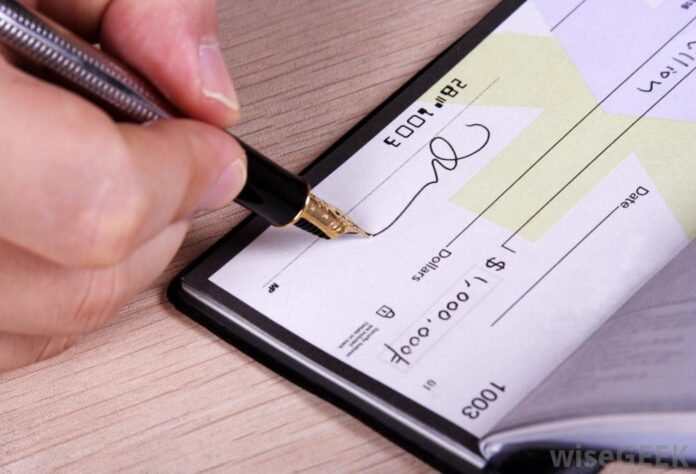
You’ve written someone a check, but you don’t have enough sitting in your account to cover the funds. If the recipient tries to cash that check, it’s going to “bounce.” This money emergency is similar to going into overdraft. The payment won’t go through, and you will get charged fees for insufficient/non-sufficient funds.
How can you prepare for bounced checks? First, don’t write checks that you’re not sure you can afford. If you have a habit of giving out bad checks, you could get hit with civil charges. Before writing a check, look at your budget and your remaining balance to see whether you can afford to make the payment.
Second, if you realize that a check that you wrote might bounce, try contacting the recipient to let them know that they should wait to cash it. It will be in their best interest to listen to you since a bounced check won’t give them the funds they need, and they could get hit with bank fees.
4. Lost Credit Card
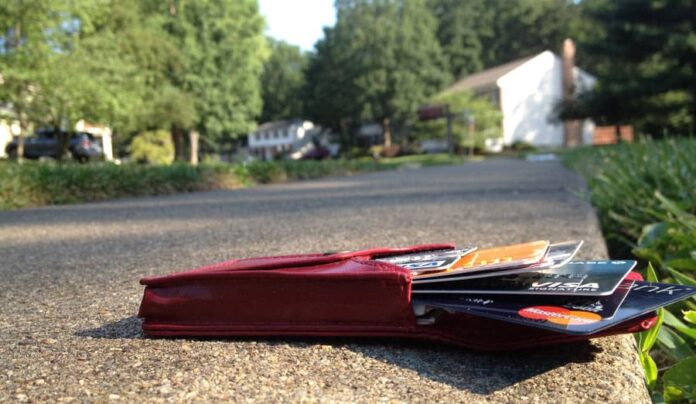
Your credit card is nowhere to be found. You’ve checked your wallet, your pockets, your bags and under your couch cushions, and you can’t seem to find it. You’re not sure whether you’ve lost it or whether it’s been stolen. What can you do?
First, notify your credit card company that your card is missing. You can temporarily disable or lock the account until you have an update. If you can’t find the card, then you should talk to the company about getting a new one.
Second, go through your accounts through your online banking and look for signs of credit card fraud. You’ll want to check for any suspicious transactions that you don’t remember making or sudden splurges of spending you didn’t participate in. If you spot red flags, you will want to talk to your credit card company. It’s possible that your company will notice this strange behavior first, cancel purchases and contact you.
Once you’ve contacted your credit card company, you should call the authorities to report the theft. You should also contact your credit bureau in case the fraudulent spending negatively impacts your credit score.
How can you prevent losing your credit card?
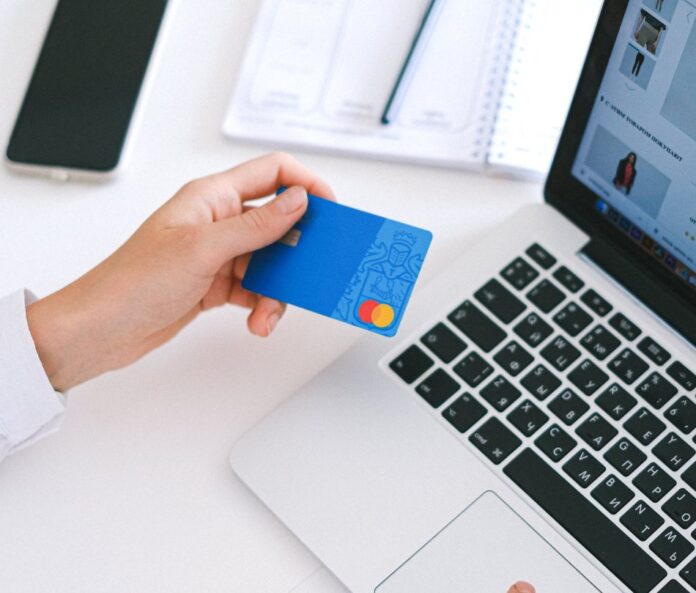
• Keep it in a secure spot, not out in the open.
• Don’t lend it to friends or family members.
• Don’t share photos of your credit card.
• Have strong passwords and security questions for online banking.
• Do not make online credit card transactions on public Wi-Fi.
Now you know how to deal with these money emergencies when they happen. You’re ready!









